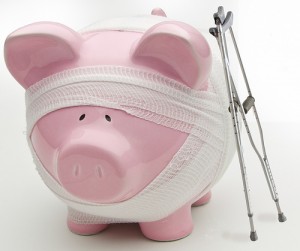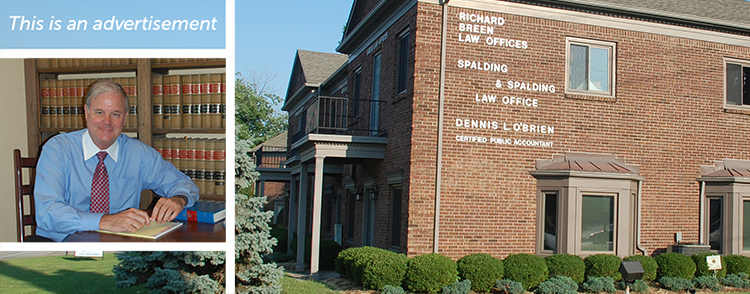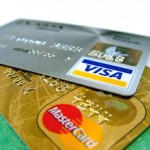 There are several big misconceptions about bankruptcy and the individuals who file bankruptcy. One of those misconceptions is the “why.” Many outsiders (individuals who have not filed bankruptcy or not had someone close to them go through it) believe that individuals who file bankruptcy are simply irresponsible. They think individuals who file bankruptcy spent lavishly and lived beyond their means with no thought as to how they would pay the money back later on. Believe it or not, most bankruptcy filers do not fit that description.Sure, there are probably some who do, but the vast majority had other reasons for filing bankruptcy. Here is a look behind bankruptcy:
There are several big misconceptions about bankruptcy and the individuals who file bankruptcy. One of those misconceptions is the “why.” Many outsiders (individuals who have not filed bankruptcy or not had someone close to them go through it) believe that individuals who file bankruptcy are simply irresponsible. They think individuals who file bankruptcy spent lavishly and lived beyond their means with no thought as to how they would pay the money back later on. Believe it or not, most bankruptcy filers do not fit that description.Sure, there are probably some who do, but the vast majority had other reasons for filing bankruptcy. Here is a look behind bankruptcy:
The most common cause of bankruptcy is medical bills. In fact, according to one recent study, 42% of all filings for bankruptcy trace back to medical bills.1 These aren’t your standard doctor’s office checkups. Most of the individuals probably experienced some unexpected crisis that landed him or her with mountains of medical bills. (For example, a serious car accident or the discovery of cancer.) This 42% is not made up only of the uninsured. A Harvard University study found that 78% of people filing bankruptcy in response to medical bills actually did have health insurance.1
Second to medical bills in terms of causing bankruptcy is unemployment. Unemployment makes up 22% of all bankruptcy filings.1 Individuals that don’t have any type of emergency fund can suddenly find themselves without a job, and unemployment benefits (if the individual is eligible for them) only cover so much. The person believes they will find another job soon, so they begin covering the gap between their bills and unemployment benefits with credit cards. When the job doesn’t come quickly enough (or at all), that person then faces a lot of debt, with late fees and penalties piling up.
The third biggest cause of bankruptcy is credit card debt. Credit card bills account for 15% of bankruptcy filings.1 This cause is a little harder to dissect. It could simply be individuals living beyond their means; however, it could also be traced back to other catastrophic, unavoidable situations as well. For instance, as mentioned above, when someone is suddenly unemployed, he or she may use credit cards to cover their bills. A struggling college student may charge text books on a credit card. A new business owner might use credit cards for supplies.
These are the three most common causes of bankruptcy, accounting for 79% of all filings. As you can see, two of the three are caused by things beyond one’s control (medical bills and unemployment). The key to avoiding bankruptcy due to either is to have an emergency fund. Try to set aside money in a savings account that could support you, should something unexpected happen. When it comes to credit cards, simply be aware of the interest rates, fees, and penalties that are attached. Try to be savvy about what you’re charging to credit cards, and have a solid plan for paying that money back.








Speak Your Mind